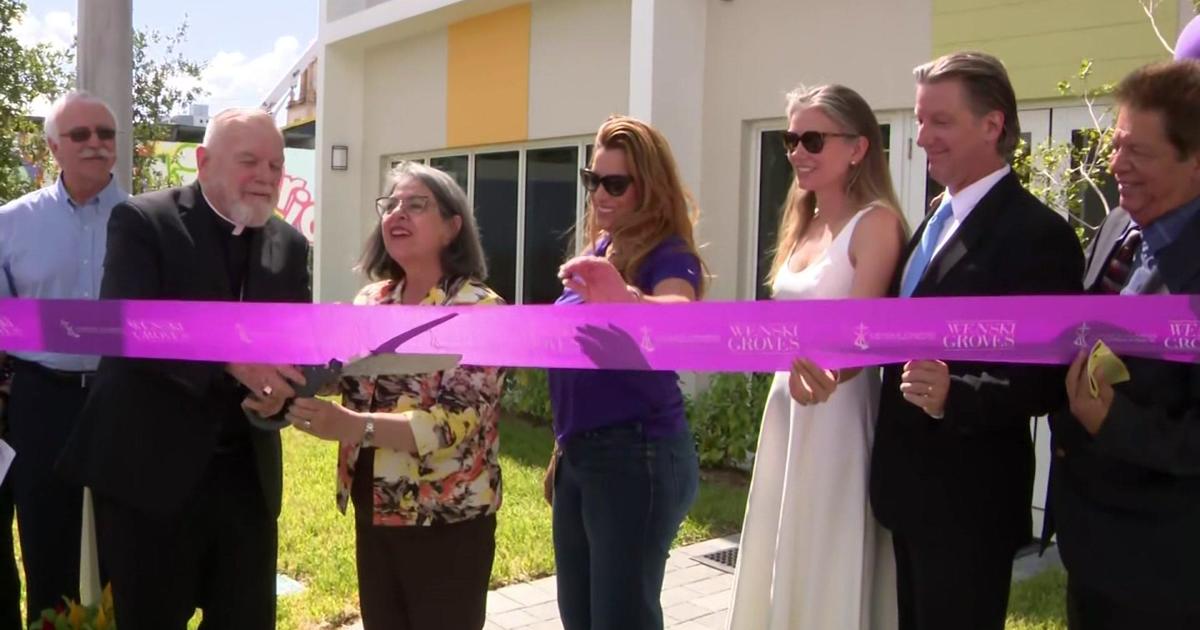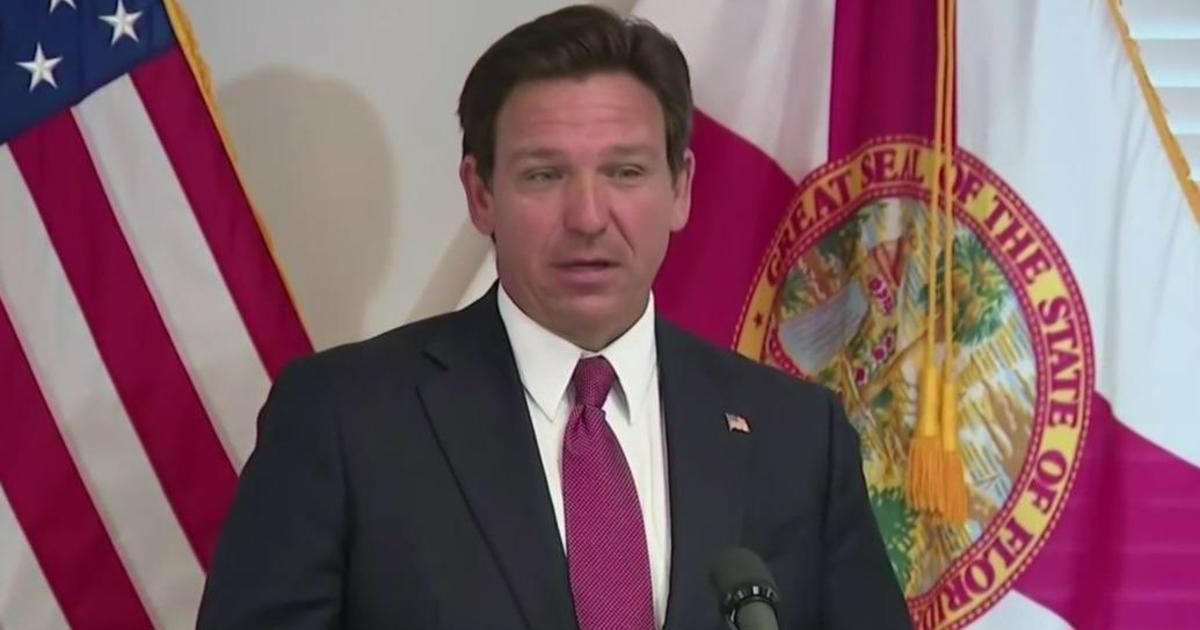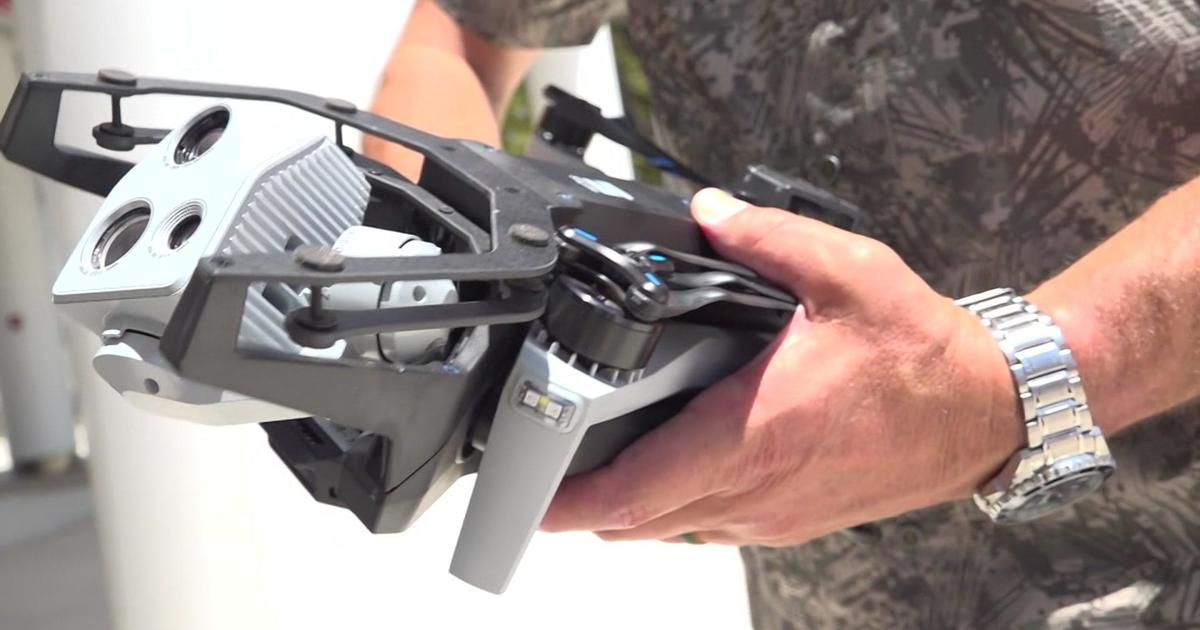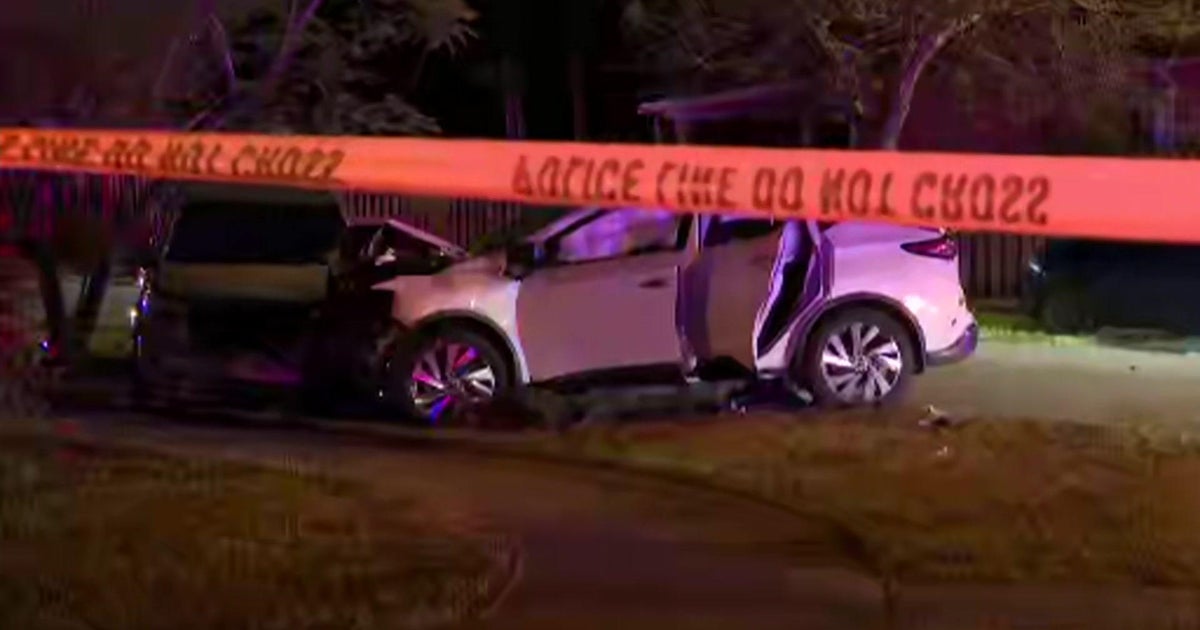Gov. Scott, Cabinet Approve New FPL Nuke Plants, Power Lines In South Dade
MIAMI (CBSMiami) – Despite protests by the Village of Pinecrest and several other cities which line southern U.S. 1, Governor Rick Scott and Cabinet members have signed off on Florida Power and Light's application to install 100 foot-tall transmission poles and lines along the highway.
Scott and Cabinet members met Tuesday on that proposal and another by FPL to add two nuclear generators to its Turkey Point facility. The plants would generate enough power for an estimated 750,000 homes. The utility needs the new power lines to carry the additional electricity away from the facility.
Pinecrest Mayor Cindy Lerner, who was in Tallahassee for the vote, called it a catastrophic decision, that will mean "the permanent destruction of a very vibrant economy for all of our cities and for Miami-Dade County."
The original proposal called for one of the lines, with massive poles rising the equivalent of 10 1/2 stories tall, could snake westward, then north along Everglades National Park.
The National Parks Conservation Association, however, was able to achieve a victory.
In a statement released Tuesday, the parks association wrote that "FPL has agreed to new Conditions of Certification that would require it to build its western transmission lines wholly outside of the park, subject to landowner approvals."
"The National Parks Conservation Association supports a low-impact alternative that keeps the FPL transmission lines completely out of the Everglades National Park. We are pleased by today's decision by Governor Rick Scott and the Florida Cabinet to support the minimal impact, common sense solution that protects the ecological significance of America's Everglades and ensures Florida's future power supply needs are met," according to the statement.
The other line would hook up along U.S. 1, South Dixie highway, in the Cutler Bay area and follow the landmark roadway north all the way into the City of Miami.
South Miami Mayor Phillip Stoddard, also in Tallahasee said, "If you look at the places where there have been transmission lines, they typically become blighted corridors, warehouse districts, low income, used car lots."
Stoddard has called the two new nuclear plants proposed for Turkey Point "dangerous," saying he's not convinced the huge amounts of water they use for cooling won't deplete the acquifer. He also fears the warm water that is discharged from the plants poses a risk to the environment.
The Department of Environmental Protection (DEP) supported FPL's application.
Opponents say the transmission lines would choke future growth out of their communities by blocking expansion of Dixie highway to accommodate added traffic.
Business owners along the corridor say the power lines would be ugly, keep customers away and hurt their property values.
Ed Williamson, owner of Williamson Cadillac, Buick and GMC has a gleaming, sprawling facility on the proposed power line route.
There's a major study that shows that if polls like that go up on your right of way, the value of your property goes down about thirty percent," said Williamson.
Coral Gables Commissioner Vince Lago told CBS4 News that the "ugly" power poles will reduce property values, which in turn will reduce property tax revenues and cause a reduction in government services.
"This is not only going to affect us aesthetically," Lago said. "It's also going to affect us in our pocket books."
Palmetto Bay, Pinecrest, South Miami and Miami all opposed the Dixie highway power pole route before an administrative law judge who ruled in favor of FPL.
Coral Gables also went to court to block the lines. The Gables, "The City Beautiful," argued the above ground poles that would line U.S. 1 through their city, including the edge of the University of Miami campus, would violate a long-standing contract the city has had with FPL.
"Why can't FPL go underground?" asked Gables Commissioner Frank Casada. "It's safer for the community. It's better aesthetically, everyone wins in that regard."
FPL said underground utilities are much more expensive, and would be an unfair added cost to its customers around the rest of the state.
An attorney for the City of Miami said they plan to challenge the decision.
Before construction can begin, the project must be approved by federal regulators.
<strong>RELATED CONTENT:</strong>



